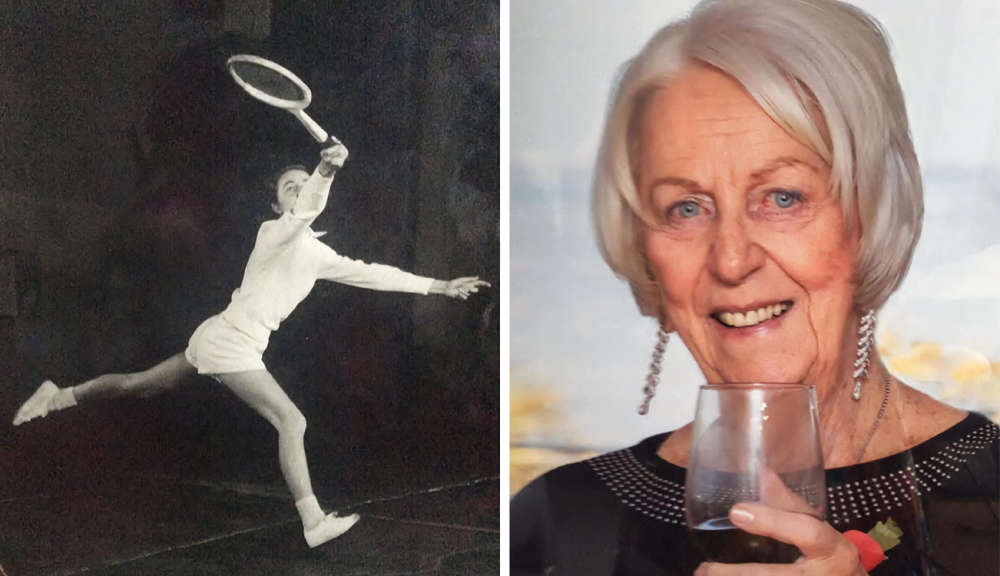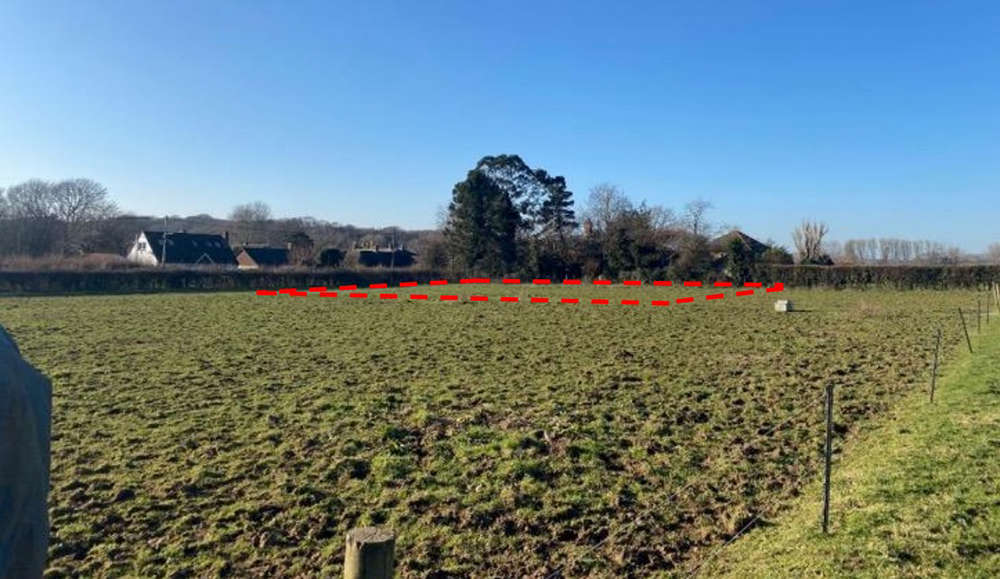
Tennis world number one Jannik Sinner has been banned for three months over doping.
The Italian player, 23, twice a Grand Slam champion in 2024, tested positive for the anabolic steroid clostebol last March, but he blamed accidental contamination following a massage from his physiotherapist.
He has now accepted the ban and settled his case with the World Anti-Doping Agency (WADA).
The organisation said in a statement: "Mr Sinner will serve his period of ineligibility from 9 February 2025 to 11.59pm on 4 May 2025."
It means the reigning Australian and US Open champion will be able to return to competitive tennis for his home tournament, the Italian Open in Rome, ahead of the French Open which starts in late May.
That has prompted an angry response from Nick Kyrgios who posted on X: "Sad day for tennis. Fairness in tennis does not exist".
What's the background to the case?
Initially, Sinner was cleared of doping in August by an independent tribunal who determined he was not to blame.
The panel accepted Sinner's explanation that clostebol entered his body as a result of a massage from his physiotherapist, who had used a spray, called Trofodermin, containing the steroid to treat a cut on their finger.
Sinner subsequently fired physio Giacomo Naldi and his trainer Umberto Ferrara, who had supplied Naldi with the over-the-counter spray.
Although Sinner was required to forfeit his 400 ranking points from Indian Wells and prize money, he was able to continue competing.
He went on to win the US Open in September, adding to the Australian Open title he won at the start of the year and successfully defended last month.
But WADA argued the finding of 'no fault or negligence' was incorrect. It appealed against the decision to the Court of Arbitration for Sport (CAS) and had been seeking a ban "of between one and two years".
Tennis star pleaded innocence
Sinner had always maintained his innocence, arguing the amount of clostebol found in his system was less than a billionth of a gram. "I haven't done anything wrong," he said in January.
Read more from Sky News:
Zelenskyy wants 'armed forces of Europe'
Valentine's Day 'shooting' at village pub
Lionesses are 'hungry for more silverware'
But on Saturday, Sinner said in a statement: "I have accepted WADA's offer to resolve these proceedings on the basis of a three-month sanction."
"I have always accepted that I am responsible for my team and realise WADA's strict rules are an important protection for the sport I love," he added.
What did WADA say in its latest statement?
WADA said it accepts Sinner "did not intend to cheat and that his exposure to clostebol did not provide any performance-enhancing benefit and took place without his knowledge as the result of negligence of members of his entourage".
"However, under the Code and by virtue of CAS precedent, an athlete bears responsibility for the entourage's negligence."
'No competitive advantage gained' - lawyer
Reacting to the suspension, which runs until 4 May, Sinner's lawyer said: "It is clear that Jannik had no intent, no knowledge, and gained no competitive advantage".
Jamie Singer, of Onside Law, added: "Regrettably, errors made by members of his team led to this situation."
The decision to initially clear Sinner resulted in strong criticism in the run-up to the US Open from the likes of Denis Shapovalov, Liam Broady along with Nick Kyrgios.
Meanwhile Roger Federer told NBC's Today show he believed that Sinner had done nothing wrong, although he expressed his surprise that the Italian was not suspended until the case was resolved.

(c) Sky News 2025: Jannik Sinner: World number one gets three-month tennis ban for doping


 Mother and two-year-old daughter die after car ramming attack in Germany
Mother and two-year-old daughter die after car ramming attack in Germany
 Suspect in Kent shooting 'may have entered water' at Dartford Crossing, police say
Suspect in Kent shooting 'may have entered water' at Dartford Crossing, police say
 Craig and Lindsay Foreman: British couple detained in Iran are named - as family 'significantly concerned'
Craig and Lindsay Foreman: British couple detained in Iran are named - as family 'significantly concerned'
 Volodymyr Zelenskyy: Ukraine's president calls for creation of 'armed forces of Europe' amid fears of reduction in US support
Volodymyr Zelenskyy: Ukraine's president calls for creation of 'armed forces of Europe' amid fears of reduction in US support
 Zelenskyy's Europe armed forces call is harsh truth that London, Paris and Berlin needed to hear
Zelenskyy's Europe armed forces call is harsh truth that London, Paris and Berlin needed to hear



 Ryde's Pat Awarded Freedom Of The Town For Sport Contributions
Ryde's Pat Awarded Freedom Of The Town For Sport Contributions
 Could You Restart A Heart? Islanders Urged To Seek CPR Training
Could You Restart A Heart? Islanders Urged To Seek CPR Training
 Upgrades Planned For Major Island Caravan Site
Upgrades Planned For Major Island Caravan Site
 Planners Approve Alverstone Bungalow Despite Objections From Residents
Planners Approve Alverstone Bungalow Despite Objections From Residents